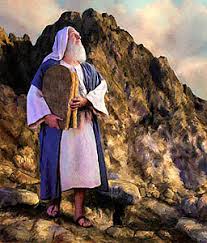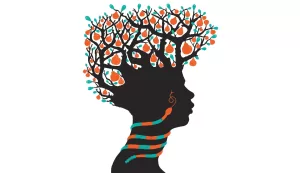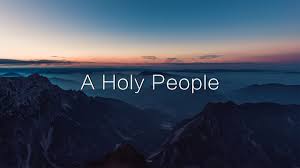Fr – The Continuity of the Covenant 31:1 to 34:12
The Continuity of the Covenant
31:1 to 34:12

Most believe that the Israelites were encamped on the edge of the Promised Land for about three months. It had probably been over seven months since they began their final approach to the Land. The events that occurred during that seven month time may have proceeded as follows: the peaceful passing through Edom, Mo’ab, and Ammon; the conquest of Sihon and Og; the beginning of settling into the inheritance by the tribes of Reuben, Gad, and half-tribe of Manassah, while the rest of the tribes set up camp across the Jordan River from Jericho; Moses’ completion of the book of Deuteronomy and presentation of it to the people; the transfer of authority from Moses to Joshua; Moshe’s death; the mourning of God’s people for him; the preparation of God’s people for entrance into Canaan.654
We now come to the closing statements of Deuteronomy. After all the miracles, prophecies, warnings, encouragements, and after forty long years, the Israelites were about to enter the Promised Land. Here Moses, still standing strong (34:7), gives us his last concluding remarks and advice, full of experience and wisdom.





















